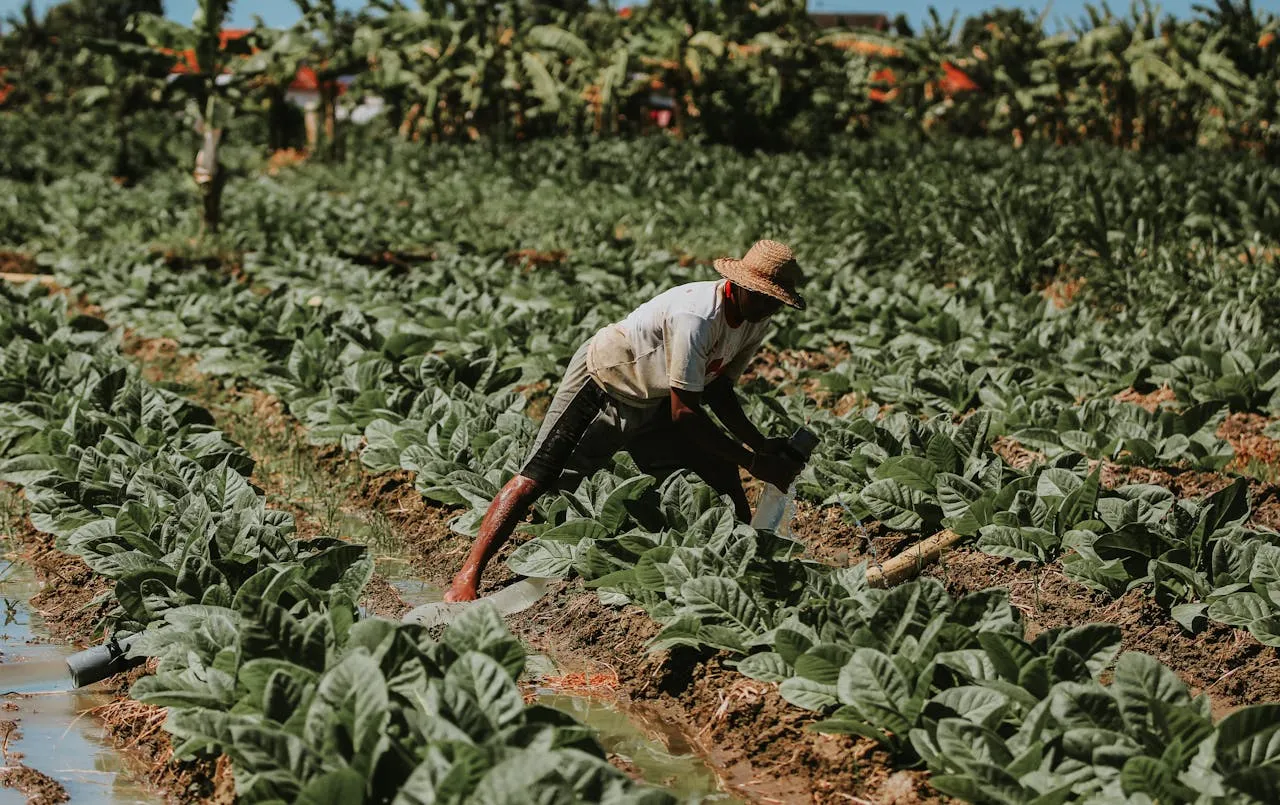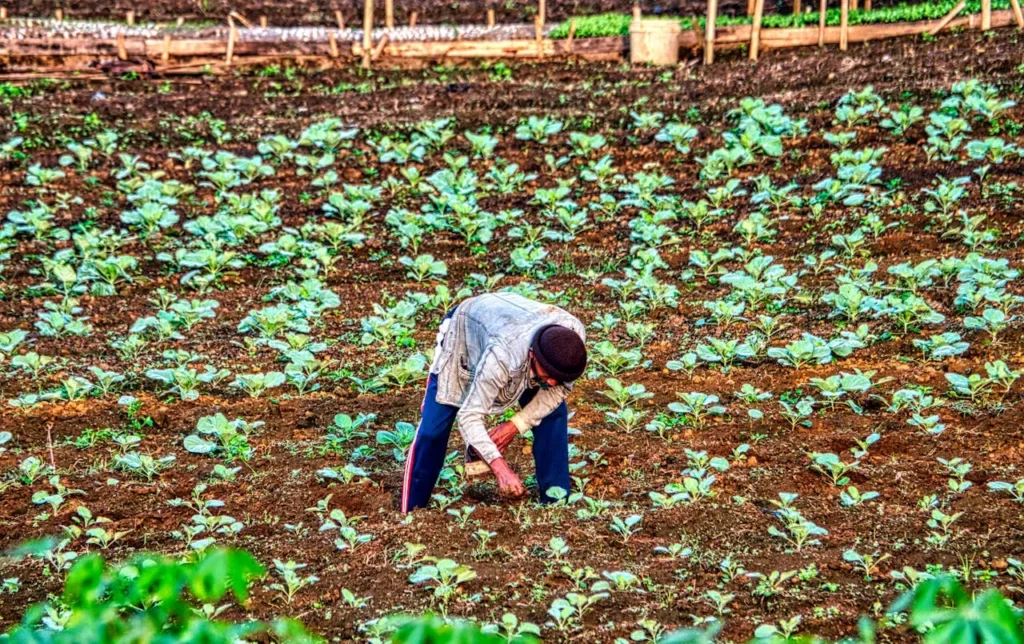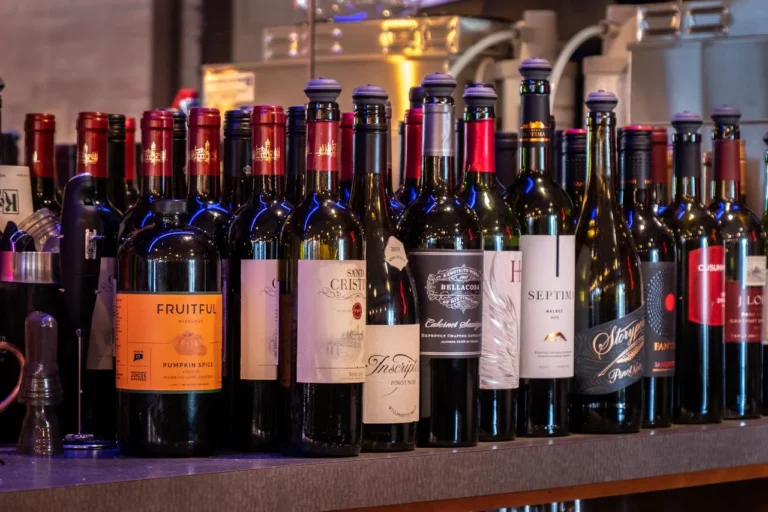
Wikifarmer, the Athens- and Seville-based digital agricultural marketplace, has announced the official launch of its UK operations, marking a strategic step toward transforming how British businesses source Mediterranean olive oil. This move comes at a critical time when global olive oil markets are stabilizing, and UK businesses are seeking more cost-effective, transparent, and resilient supply chains.
Addressing Market Gaps in the UK Olive Oil Industry
With Spanish olive oil prices falling 53% year-over-year to €3.55 per kilogram, Wikifarmer sees a unique opportunity to offer British importers, retailers, and food processors direct access to Mediterranean producers. The UK’s olive oil market—valued at approximately £320 million—is forecasted to reach $1.55 billion by 2030. This creates strong demand for streamlined sourcing channels that reduce costs and increase traceability.
Wikifarmer’s entry into the UK is positioned to fill this gap by bypassing traditional intermediaries, allowing businesses to source olive oil directly from verified producers in Spain, Italy, Greece, and other Mediterranean regions. This approach offers significant advantages for UK buyers, including greater price stability, enhanced transparency, and direct relationships with trusted suppliers.
Transparent Trade Through a Free and Scalable Platform
Wikifarmer operates as a free-to-use B2B platform, which has already facilitated millions of euros in agricultural trade. It connects over 7,000 buyers with a network of 15,000 suppliers—primarily small- and medium-scale Mediterranean farmers and cooperatives. By eliminating middlemen, the platform enables buyers to negotiate directly with producers, ensuring clear pricing, reliable logistics, and tailored credit terms without the burden of subscription or brokerage fees.

“Our mission is to democratize agricultural trade by connecting producers and buyers without unnecessary layers,” said Ilias Sousis, Co-Founder and CEO of Wikifarmer. “The UK represents a tremendous opportunity to reshape the supply chain model and help businesses gain direct access to quality olive oil at fair and transparent prices.”
A Timely Response to Supply Chain Challenges
The expansion comes at a time when British businesses are grappling with volatility in agricultural imports. In 2024, olive oil import prices in the UK surged by 44%, fueled by drought-affected harvests in Southern Europe, logistical disruptions, and the lingering effects of inflation. As a result, buyers across the UK food and beverage sector are increasingly seeking alternatives to traditional, opaque sourcing models.
“Our platform directly responds to the pain points British buyers have faced over the past two years,” said Sam Frearson, Wikifarmer’s UK Sales Manager. “We provide open access to trusted European suppliers without hidden fees or contractual commitments. It’s a new era of sourcing—driven by transparency, agility, and trust.”
The UK food and agriculture sector, valued at £128 billion, has historically relied on multi-tiered supply chains that contribute to inflated costs and limited visibility. Spain alone accounts for 62% of UK olive oil imports, followed by Italy at 26%. Yet most of this trade flows through wholesalers and brokers, adding layers of complexity and cost.
By offering direct producer relationships through a digital marketplace, Wikifarmer aims to help UK businesses simplify procurement, reduce overheads, and better navigate price fluctuations. This is especially important as global olive oil production begins to stabilize. EU olive oil prices have declined 13.9% in recent months, signaling improved harvests and lower sourcing costs moving forward.
Targeting Key Buyer Segments in the UK
As part of its UK expansion strategy, Wikifarmer is actively onboarding buyers across several key segments, including wholesale distributors, hospitality groups, grocery retailers, and food processors. The goal is to create a robust local network of businesses that can benefit from the cost advantages and supply security offered by direct trade with Mediterranean producers.
The UK launch is also aligned with Wikifarmer’s broader European growth strategy. The company plans to expand into other European markets throughout 2025, deepening its role as a central hub for agricultural commerce between farmers and buyers across borders.
“We’re building a future where farmers are empowered to reach international markets directly, and buyers gain complete visibility into where their products come from,” added Sousis. “It’s not just about price—it’s about trust, sustainability, and building resilient supply chains for the future.”




